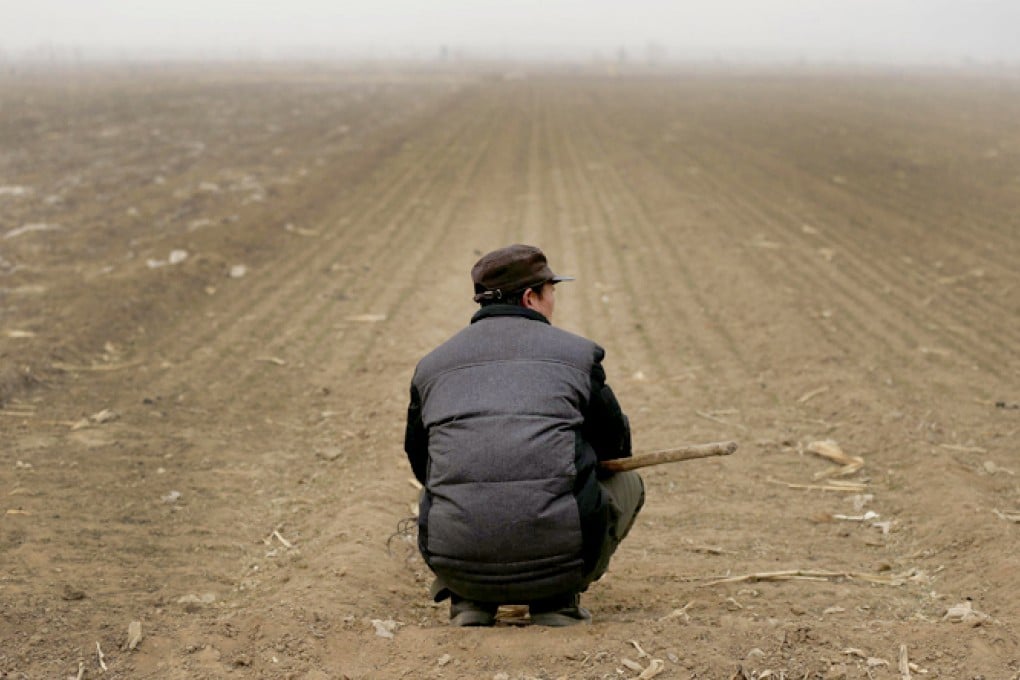Agriculture feels the choke as China smog starts to foster disastrous conditions
Pollution is blocking natural light and threatening agriculture, say experts

Worsening smog on the mainland is blocking natural light and could spell disaster for agriculture, scientists have warned.

Applied on a larger scale, such a slowdown could affect agriculture, which contributes 10 per cent to GDP. Farm output was likely to be affected by serious air pollution in winter and spring, with the prices of agricultural products expected to rise.
Watch: Chinese weather officials: 15 per cent of China blanketed in heavy smog
The warning comes as choking air is blanketing a quarter of the mainland and scientists say they are already seeing the detrimental effects. In He's tests, chilli and tomato seeds, which normally take about 20 days to grow into seedlings under artificial light in a laboratory, took more than two months to sprout at a greenhouse farm in Beijing's Changping district.